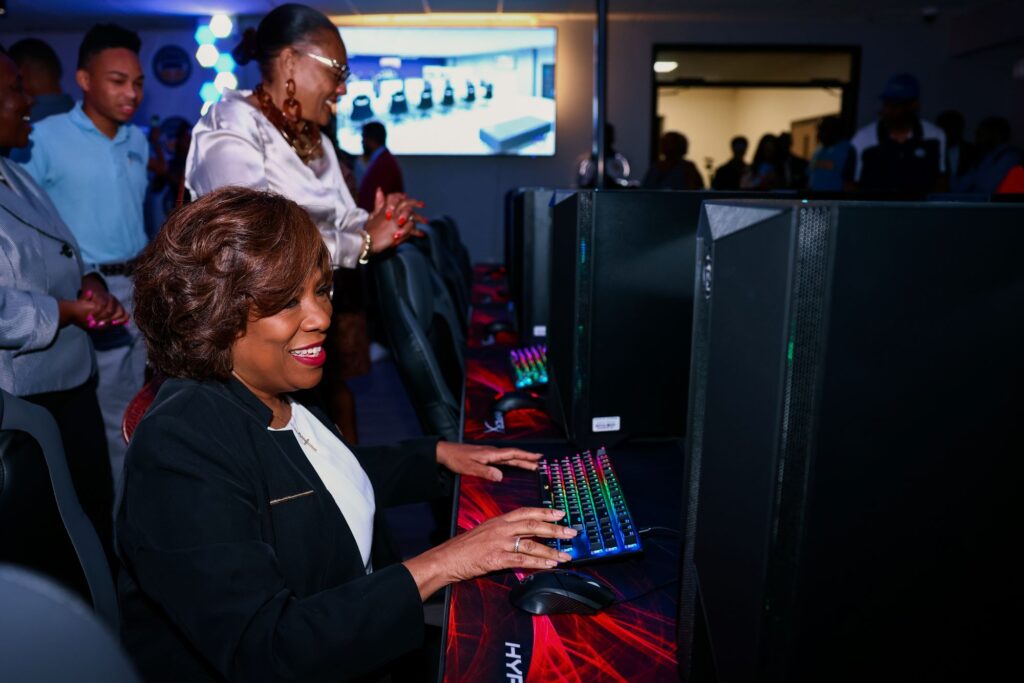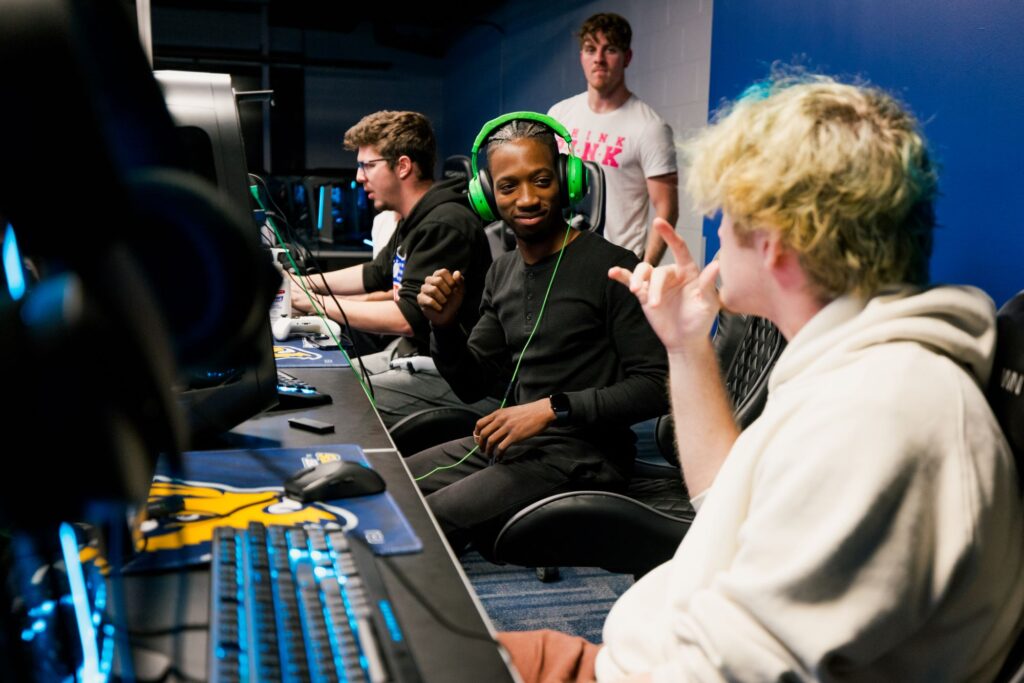
As esports continues to grow in popularity, more and more schools are considering bringing esports programs to their campuses.
Esports provides students with an engaging and rewarding activity that can help prepare them for careers in the gaming industry.
However, implementing an esports program on campus can be a complex process, and it’s important for educators to carefully plan and execute their program to ensure its success. In this blog, we’ll provide 10 tips for educators who are looking to bring esports to their campus.
Start small
It’s important to start small and build up when bringing esports to campus.
This might mean starting with a club or a small group of students before expanding to a full team or league.
Research and plan
Before starting an esports program on campus, it’s important to research the best practices and strategies for implementing and managing an esports program.
This might include researching different games and tournaments, finding sponsors or funding, and establishing policies and guidelines.
Engage students
Engaging students is key to the success of any esports program.
It’s important to involve students in the planning and decision-making process and to listen to their ideas and feedback.
Foster teamwork and communication
Esports is a team-based activity, so it’s important to foster teamwork and communication skills among students.
Encourage students to work together and communicate effectively to be successful in their games.
Provide training and support
It’s important to provide training and support for students who are new to esports or who may need additional help.
This might include providing tutorials or workshops or hiring coaches or mentors.
Encourage healthy habits
Encourage students to develop healthy habits when participating in esports, such as taking breaks, stretching, and staying hydrated.
It’s also important to monitor students for signs of fatigue or burnout.
Establish rules and guidelines
It’s important to establish rules and guidelines for participation in esports programs, including expectations for behavior and conduct.
Make sure to communicate these rules and guidelines to students and parents.
Promote inclusivity
Encourage inclusivity and diversity in your esports program by welcoming students of all skill levels and backgrounds.
Provide opportunities for students to learn and grow
In addition to providing opportunities for students to compete, it’s important to also provide opportunities for students to learn and grow.
This might include hosting workshops or events that focus on topics such as game design, programming, or business development.
Celebrate success
Finally, it’s important to celebrate the success of your esports program and the achievements of your students. This might include hosting events or tournaments, recognizing students for their accomplishments, or sharing their successes with the wider community.
By following these tips, educators can successfully bring esports to their campus and provide students with an engaging and rewarding activity that can help prepare them for careers in the gaming industry.
While Esports grows in popularity on the daily, educators need to consider the benefits of bringing esports to their campus and carefully plan and implement an esports program that meets the needs of their students. By following best practices and engaging students in the planning and decision-making process, educators can create a successful and rewarding esports program that provides students with the skills and experiences they need to succeed in the gaming industry.

